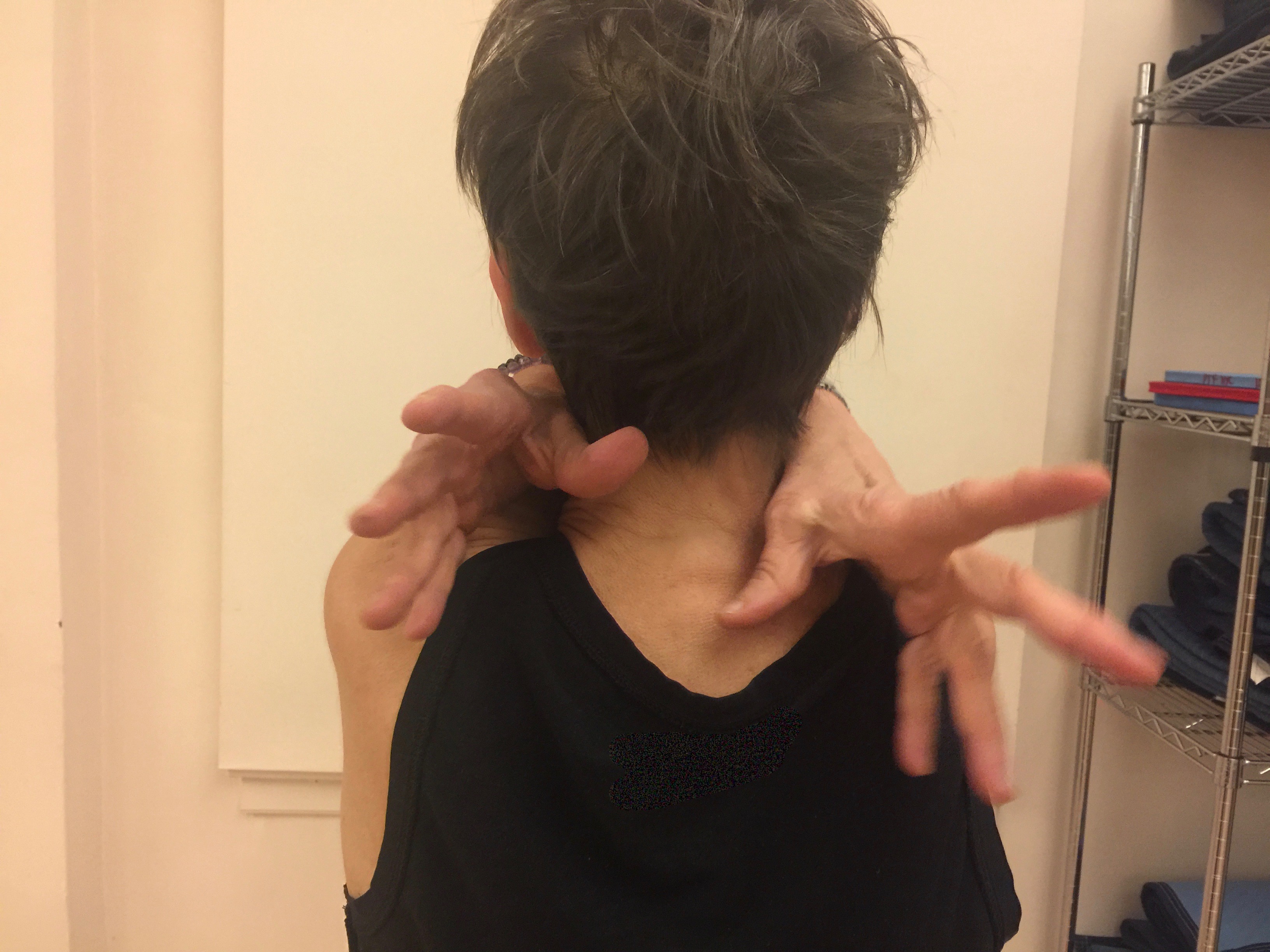 Last Sunday I gave a dharma talk* at the Village Zendo on the matter of becoming yourself. Like many Zen practices, it's an absurd and paradoxical goal. You already are who you really are, and yet things get complicated by the mind.
Last Sunday I gave a dharma talk* at the Village Zendo on the matter of becoming yourself. Like many Zen practices, it's an absurd and paradoxical goal. You already are who you really are, and yet things get complicated by the mind.
The previous weekend we had a panel discussion with two Black Zen teachers who talked about how it is to be the only Black person in a community, how it is to deal with racist projections and expectations. James Lynch spoke of the importance of caring for yourself, not defining yourself by how others see you. And Malik Hokyu talked about confronting the objectifications that arise, how hard it is to locate their source.
For the most part, Zen practice focuses on clearing away the delusion of a separate self, and there is no doubt that the more we sit the more we can drop our dependence on identity. But when we see each other, we see the marks of identity: skin color, gender expression, clothing or hairdo, disability if visible, body type and so on. Our minds are built to categorize and predict, so it is impossible to eliminate the expectations and judgement that shape the way we interact with each other.
When you are a person who is marked as different from others, the usual process of forming an identity gets tangled; what gets reflected may not feel true. When I was growing up, moving from army base to army base, there were no other Russian disabled kids. I felt like a misfit, and so I struggled to imitate the customs in each place. Only in the woods by myself could I feel alive and genuinely connected. By high school I figured out how to construct an identity as a quirky drama girl that allowed me to behave in odd ways and still be popular. People saw in me what I wanted them to see.
But this sort of thing initiates a split between who we feel ourselves to be and how we are perceived by others. and that split drives us to Zen, or psychotherapy, or destructive acting out. The bad news is that healing the split actually requires meeting the aspect of self that we try to cover.
For me, that is weakness. My disabilities are serious but not visible. I've figured out how I can adapt movement so that I can dance, adapted my household so that I can eat (hint: don't bring me a jar unless you will open it for me), adapted my personality so that I see myself as a hero not a victim. But underneath there is still an aspect that is the toddler who can't walk, the kid who can't keep up, the adult who gets tangled up trying to get an item out of my pocket without a wrist to bend. And that aspect feels shameful because I have learned that it is better to cover it.
Fortunately or unfortunately life always serves up what I reject. This year I've developed a quaver in my voice, something sticky in my throat or diaphragm. I believe it reads as fear, which is not ok at all, right? The more I try to control it the more prominent it gets. So the good news is that I have no choice but to embrace the fear, and fear of fear. I breathe, do what I do as I am, notice how people respond, sometimes say something about it, watch it come and go.
It doesn't seem like good news when something comes up to challenge our identity. But actually taking down who we think we are or who others think we are, over and over again, is what makes us grow, and even to become fearless. That's the paradox. Rejecting nothing, including everything, that's how you can be who you really are.
After I wrote this, I listened to an On Being podcast having to do with just this, exposing what we are taught to be ashamed about. So, for me it's whatever a vocal quaver indicates, but it could be anything. What would our culture look like if we all had the courage to out our true selves?
*The Dharma talk has a slightly different focus, on the matter of being alone.
January 2019